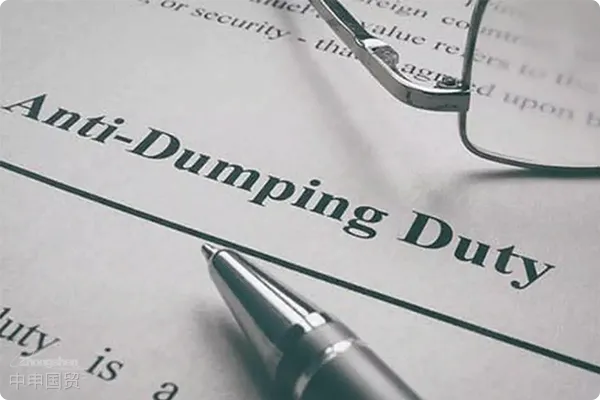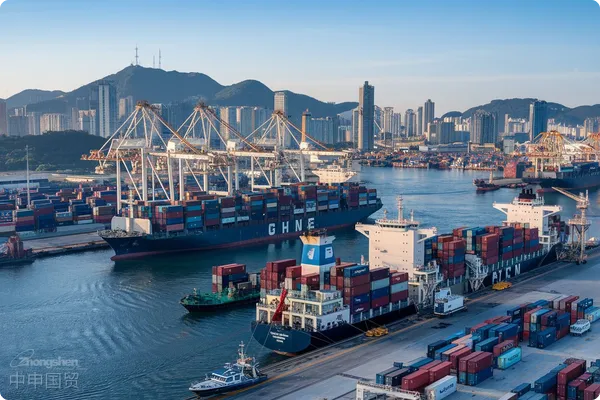- Shanghai Zhongshen International Trade Co., Ltd. - Two decades of trade agency expertise.
- Service Hotline: 139 1787 2118
The Indian Ministry of Finance put forward an important issue during the federal budget meeting from January 31 to February 9, 2024: to abolish the lesser duty rule adopted in anti - dumping investigations. This policy change means that India will no longer calculate the injury margin separately, but directly use the dumping margin as the basis for calculating the anti - dumping duty rate.
Historically, India considered abolishing the lesser duty rule in 2019, but it was eventually shelved due to a lack of consensus. Now, this issue has been put on the agenda again. If it is finally approved, the relevant legal amendments will apply to new anti - dumping investigation cases. This change will have a significant impact on foreign enterprises operating in the Indian market, especially Chinese enterprises.
Under Article 4(d) of the existing Customs Tariff Act of 1995, the anti - dumping duty in India needs to be sufficient to eliminate the injury to the domestic industry. This means that the anti - dumping duty levied is usually based on the injury margin rather than the dumping margin, and thus is often lower than the dumping margin. This lesser duty rule has enabled many enterprises involved in the cases to enjoy relatively low anti - dumping duty rates.
Behind this policy change in India is a strict review of foreign enterprises, especially Chinese enterprises. Since India does not recognize Chinas market economy status, it usually uses data from surrogate countries to calculate the normal value, resulting in a high normal value and dumping margin. After abolishing the lesser duty rule, enterprises may face a higher dumping margin and corresponding duty rates, thus increasing their operating costs in the Indian market.
For Chinese enterprises, this policy change is of great significance. In the past, the application of the lesser duty rule enabled many Chinese enterprises to enjoy a lower anti - dumping duty rate with a lower injury margin, thus maintaining their competitiveness in the Indian market. However, once the lesser duty rule is abolished, the dumping margin will directly determine the anti - dumping duty rate, which will significantly increase the tax burden of Chinese enterprises and may affect their sales and market share in India.
Facing this change, Chinese enterprises should actively participate in anti - dumping investigations, provide detailed and accurate data to strive for a more reasonable duty rate. Secondly, enterprises should make full use of legal and business consulting services to ensure the protection of their rights and interests throughout the investigation process. In addition, enterprises should also explore market diversification strategies, reduce their dependence on a single market, and reduce the risks brought by potential future trade barriers.

Related Recommendations
? 2025. All Rights Reserved. Shanghai ICP No. 2023007705-2  PSB Record: Shanghai No.31011502009912
PSB Record: Shanghai No.31011502009912










